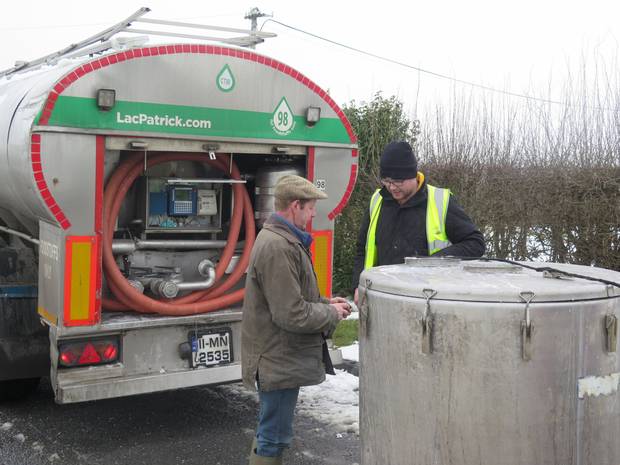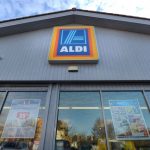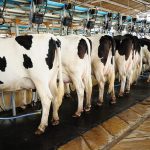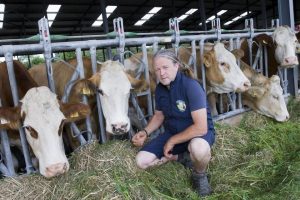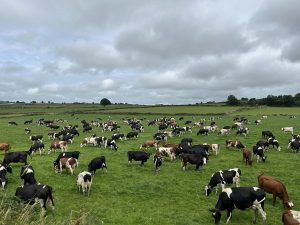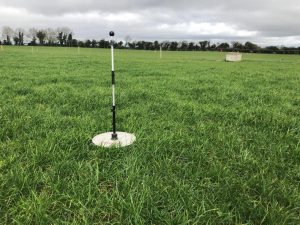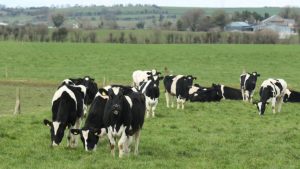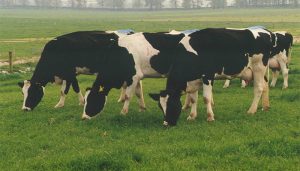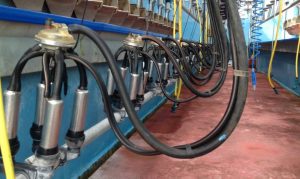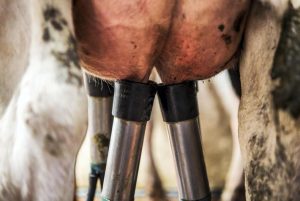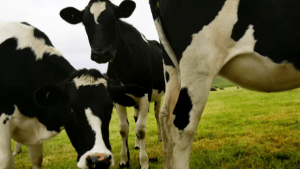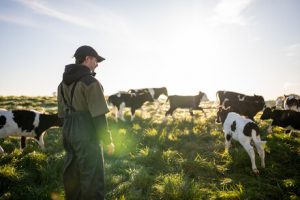
In the correspondence seen by FarmIreland, EDA chair Michel Nalet said this week would determine the future direction of Brexit and with it, the future of the European and UK dairy sectors.
He told Mr Tusk who is in Dublin today to discuss the latest developments with Taoiseach Leo Varadkar that the European dairy industry is integrated across borders highlighting that this especially true for the island of Ireland.
“Brexit has the potential to create a completely new scale of a milk crisis.
“As European Dairy Association (EDA), we have elaborated jointly with our colleagues from DairyUK our concept of a “Future EU – UK Dairy Framework” as a basis for a well-managed and responsible Brexit.
“Since the Brexit process began, we have consistently advocated for the UK to leave the EU with a deal that protects the close trading relationship and ensures the long-term viability of the EU dairy sector.
“A no deal would be disastrous for dairy farmers and consumers on both sides of the channel.
“This week is an opportunity to ensure that this doesn’t happen. And hence it is a time of responsibility of all decision makers involved,” he said.
Mr Nalet said that if as expected, the UK asks for the date for Brexit to be extended, the dairy industry would expect the European Council to accept this step and we would urge both sides to come together to work out the final details.
“We call on you, the decision makers on both sides to take your responsibility and to do anything you can to avoid a so-called “hard Brexit” with its disastrous impact on our dairy sector, as well in the EU27 as well in the UK,” he said.
The Dairy Industry in Ireland has the proposed UK tariff levels would put Irish butter and cheddar under severe pressure in the UK markets at current consumer price rates and would necessitate increases at consumer level.
It would also expose us in Irish dairy to full international competition in our key market from other dairy giants such as New Zealand and the USA as under WTO rules they would also benefit from this new tariff schedule.
The proposed tariff of €221 a tonne on cheddar- will result in a possible over €20 million per year in a tariff cost for Irish Cheddar.
But related factors such as customs costs, currency issues and an increase of international competition mean that the final bill for industry and farmers will be a multiple of this.
The roughly €22 million proposed tariff on Irish butter would be similarly multiplied with a €605 a tonne tariff slapped on initially but with a range of other costs inflating that figure.
Over all EU Dairies Sold €406m of Butter into the UK in 2018. 26pc of Irish butter ends up there.
In 2018 Irish cheddar exports to the UK are well north of a quarter of a billion euro in value.
The industry has also raised concerns that the British no-deal proposals offer no solution for the Island of Ireland milk origin issue or the regulatory divergence threat.
In 2018, 804 million litres of northern milk flowed south for use in a vast range of products in our integrated island of Ireland supply chain.
